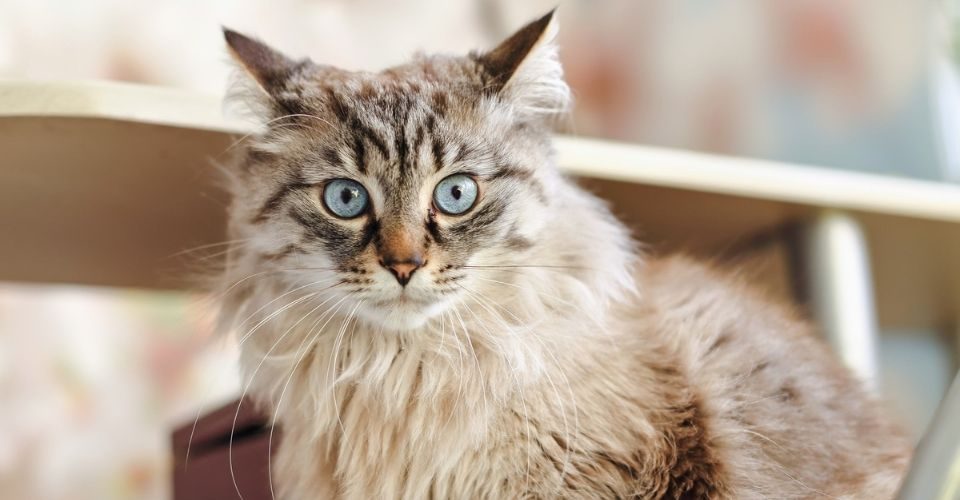WHY DO CATS LOSE THEIR HAIR?
Coat thickness varies throughout the year. Cat fur requires more maintenance during periods of seasonal change, in autumn and spring. Sphynxes will be the only cats that will not lose their hair at all, since they do not have any. Certain diseases such as ringworm can also cause abnormal hair loss in certain areas of the coat. Finally, a low-end diet will contribute to the poor health of the hair.
CAT BREEDS THAT SHED THE LEAST HAIR
the sphynx
One thing is certain: the sphynx is not a cat that will leave you indifferent. He has the particularity of having bare skin, which gives him this particular, unique appearance. Choosing this breed is the assurance of having a cat that does not lose its hair. The sphynx is only covered with a fine down. In terms of character, he is known for his gentleness and his sociability. It is a feline very close to its master, which generally does not show any aggressiveness. He will be an excellent companion for the whole family.
the devon rex
The Devon Rex is a breed with an atypical physique. Its features are also reminiscent of those of the sphynx. The devon rex has the particularity of having thin skin and especially very little hair. It will therefore not require a lot of maintenance on the grooming side, even during the moulting period. The Devon Rex is a mischievous feline that will surprise you. Lively and playful, he will be happy with a master capable of giving him the attention he demands.
Short-haired alley cats
If you are looking for a cat that will not lose its hair, it is better to bet on a short-haired feline. Among the so-called "alley" cats, you can also find what you are looking for. Color of coat, eyes, gentle and sociable character or rather lively and independent: the choice is vast. In any case, a long-haired cat will require regular maintenance (brushing, grooming, etc.) and will be dirtier. In terms of temperament, it is difficult to predict the behaviour of an alley cat: it will depend on his background. Unlike purebred cats, it is difficult to anticipate what his character will be, but he has more surprises in store!
OUR ADVICE FOR CHOOSING THE RIGHT CAT AND AVOIDING HAIR LOSS
To choose the right cat, it is essential to take the time to reflect. Opting for a cat that does not shed will save time in terms of maintenance and cleaning. However, be sure to adopt a breed that will also match your lifestyle, focusing on the characteristics of each feline. To avoid hair loss, it is advisable to brush your cat regularly, especially in spring and autumn. Thus, they will not be distributed everywhere, within your house. Warning: a poor-quality diet, nutritional deficiencies or a stressful environment can cause hair loss. If in doubt, seek advice from a veterinarian.
How to relieve your cat during hair loss?
During the moulting phase, your cat deserves special attention. As he spends a lot of time grooming himself, the ingestion of hair is substantial. So, to help him get through this stage more easily, help him remove his dead hair by brushing him frequently, every day to every 2-3 days. Brushing concerns both long-haired and short-haired felines. This method reduces the ingestion of hair in his stomach. Also take advantage of this little moment of complicity between master and feline, to give him all your affection. Certain food supplements can also help your cat get rid of swallowed hairballs.
Cats, unequal in the face of moulting
As explained above, cats change their coat to adapt to the temperature of their environment: twice a year, it becomes thicker or lighter. In domestic indoor cats (those that live indoors, without access to a garden), shedding may be less severe. The heating and air conditioning systems indeed maintain a constant ambient temperature and the cat becomes less sensitive to temperature variations between each season. In long-haired cats, the process of hair change is particularly important. But some short-haired cats can also lose a lot of hair during moulting periods.







